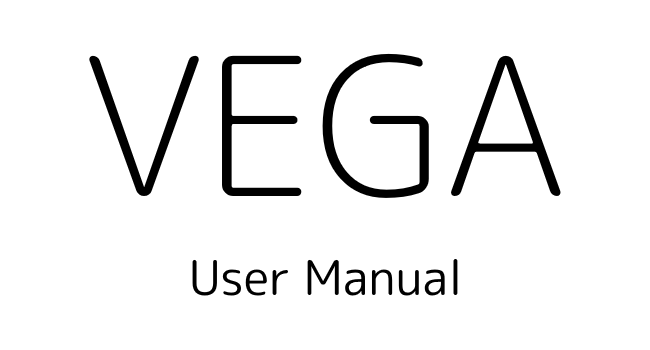Part 1 - Begin here
Thank you for your purchase!
We’ve done our best to put in everything we know into this board.
To get the best out of it, it is important to assemble it correctly.
This build guide outlines the exact steps to take to get it built.
Warning: Damage, imperfections, etc. due to disregarding the build guide instructions cannot be accounted for. We won’t be able to refund or replace parts if you decide to build it by gut instinct and mess up somewhere.
What’s in the box
- The Vega case, plate, and PCB,
- A set of long gaskets,
- A set of small gaskets,
- The foam layers, one for above the PCB and two for below the PCB,
- A wafer of stabilizer shims (break apart as necessary),
- A large hex key and a small hex key (2.0mm and 1.5mm respectively),
- Some rubber feet,
- A lot of custom cut packing foam,
- The piece of paper warning everyone to read the build guide.
If anything is missing, please let us know immediately and we'll supply it as soon as possible.
Parts and tools necessary for building
- Enough switches to cover your preferred layout, likely lubed and tuned,
- Stabilizers for all the larger keys of your preferred layout,
- Keycaps of your choice,
- A USB-C cable,
- Soldering equipment if you purchased the soldering kit.
Tools that aren’t required but are useful
- A pair of flat-head pliers,
- Some sort of desoldering equipment (if you purchased a soldering kit).
Before we begin
Just a few quick heads up regarding some things you should know.
- Refrain from wiping down the board with strong chemicals such as isopropyl alcohol, especially for the weight. This will ruin the matte coat and leave you with a semi-glossy tacky mess.
- Both the case and USB port have extensive ESD protection circuitry; however, they are not fail-safes (e.g. it isn't ideal to set a house on fire even if it has a powerful sprinkler system). Take care to discharge any excess static buildup before use, especially during building or disassembling when the PCB circuitry is exposed.
- Do not overtighten the screws. Simply stop when the screws want to stop; overtightening risks destroying the board as well as causing nasty acoustics such as excessive pinging.
- Read through the build guide once before actually carrying through with it, so you have a good idea of what’s upcoming at the next step. You can navigate the book using the panel on the left (large screens) or in the info tab (mobile), or use the link at the end of each part.
- The custom cut foam and box is useful for storing and/or reselling the board. We recommend that you keep it; otherwise please recycle the box for the sake of our planet.
Ready?
Let's begin.


